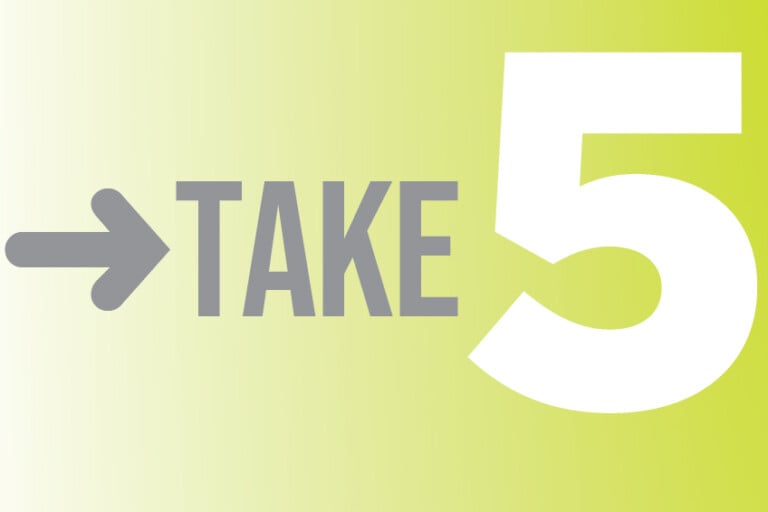Take 5: skilled talent, tech demand and inflation
NH Business Review's biweekly snapshot of business and industry statistics

BETWEEN economic health, economic activity and innovation potential, New Hampshire has the fifth best state economy nationwide this year, WalletHub reported. Massachusetts ranks first. Metrics included change in GDP from 2023 to 2024; share of fast-growing firms; unemployment and foreclosure rates; jobs in STEM and high-tech industry; and number of inventor patents per 1,000 working adults.
EARLIER this month, ResumeTemplates.com conducted a survey indicating U.S. business leaders believe respect for LGBTQ+ workers is declining since the 2024 presidential election. Of 1,000 leaders surveyed, 23% reported noticing increased negative comments or sentiment of LGBTQ+ people, and 22% feel employees are less likely to face consequences for expressing discriminatory viewpoints.
DATA from the University of New Hampshire Survey Center indicates that, among 9,000 respondents, Granite Staters continue to express overall pessimism about their household finances. Only one in five NH residents thinks their household finances are better than a year ago (22%), with 35% feeling worse off and 43% feeling about the same as 12 months ago. Still, optimism has increased, up from 10% in February.
ACCORDING to the Pew Research Center, American support for wind and solar power has declined since 2020, particularly among Republicans. Polling shows 84% of Republicans favored solar and 75% favored wind in 2020, but both are now down to 61% atnd 48%, respectively. Additionally, in 2020, 65% of Republicans overall felt that expanding both was more important than expanding fossil fuels. Today, just 33% support expansion.
THE American Job Quality Study, conducted by Gallup and other firms in January and February, found that six in 10 U.S. adults do not have a high-quality work schedule. These are schedules in which workers have some control over their tasks and a good work-life balance. About 57% of employees with low-quality schedules said work sometimes or often conflicts with their personal life.